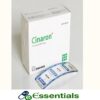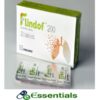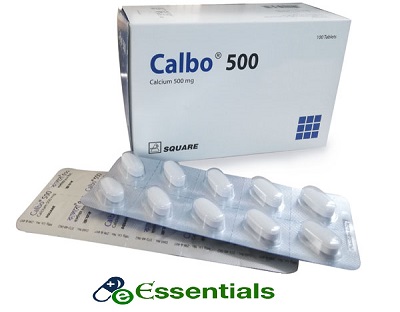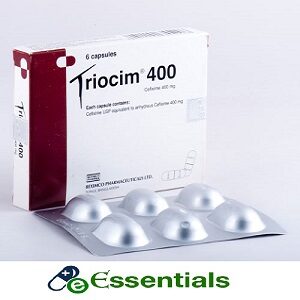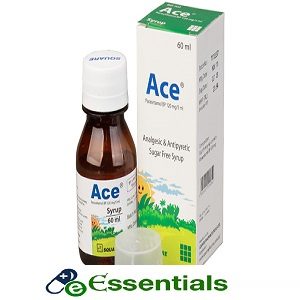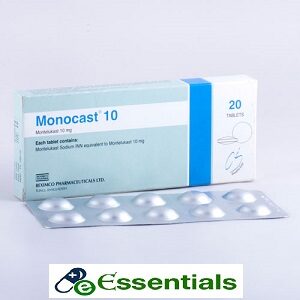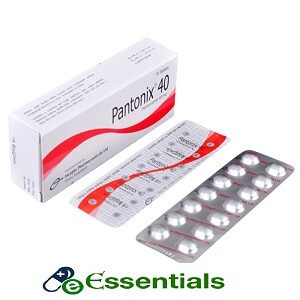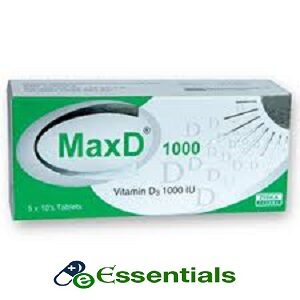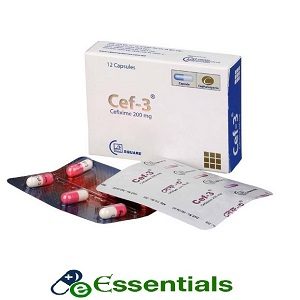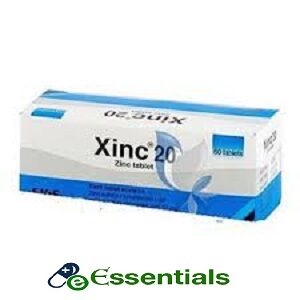Calbo 500mg Tablet 1 pcs
৳ 5.00
Indications
Many patients are unable to tolerate sufficient doses for complete phosphate control and require additional measures such as stringent dietary phosphate restriction or relatively small doses of aluminium hydroxide. Calcium Carbonate containing preparations can provide short-term relief of dyspeptic systems but are no longer recommended for long-term treatment of peptic ulceration.
Calcium Carbonate 1000 mg: This is indicated for the management of conditions associated with hyperidity and for fast relief of acid indigestion, heartburn, sour stomach and upset stomach.
Therapeutic Class
Pharmacology
CaCO3 + 2HCl = CaCl2 + H2O + CO2
Two grams of calcium carbonate will readily bring 100 ml of hydrochloric acid to a pH above 6. The increase in gastric pH diminishes the activity of pepsin in the gastric secretion. Up to 30% of the oral calcium load may be absorbed.
Dosage & Administration
Interaction
Contraindications
Side Effects
Pregnancy & Lactation
Precautions & Warnings
Use in Special Populations
USE IN ELDERLY: In case of elderly patients with renal failure when calcium carbonate is taken constipation may be troublesome one for this group. For this reason, monitoring of serum calcium and phosphate is of course indicated for elderly patients.
Storage Conditions
Brand
Square Pharmaceuticals Ltd


